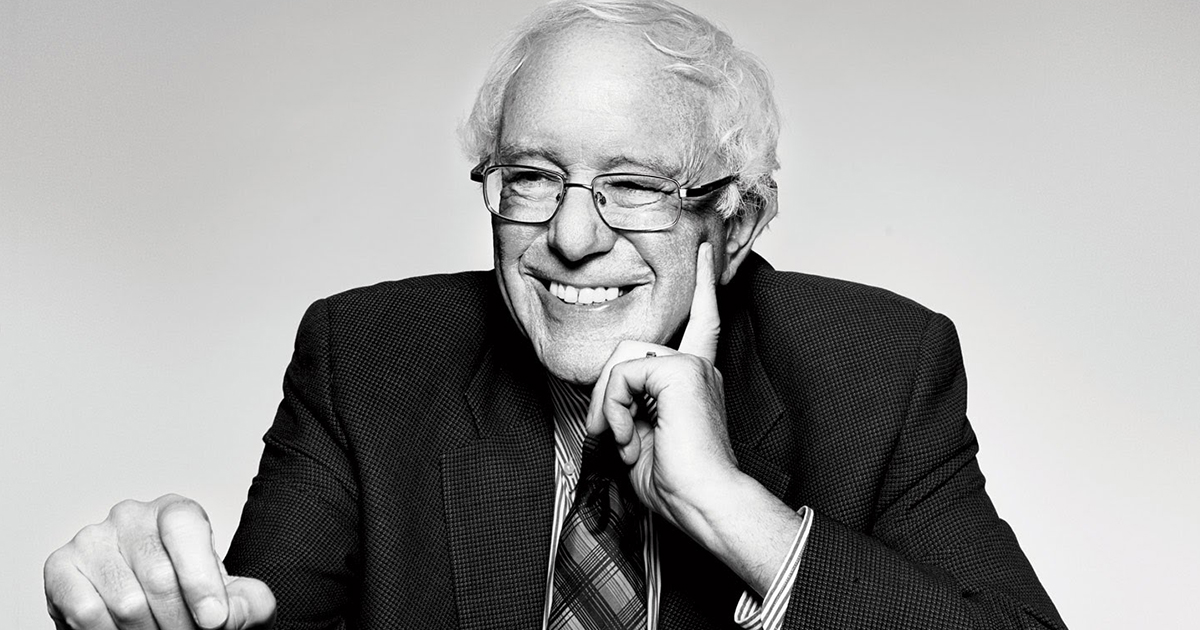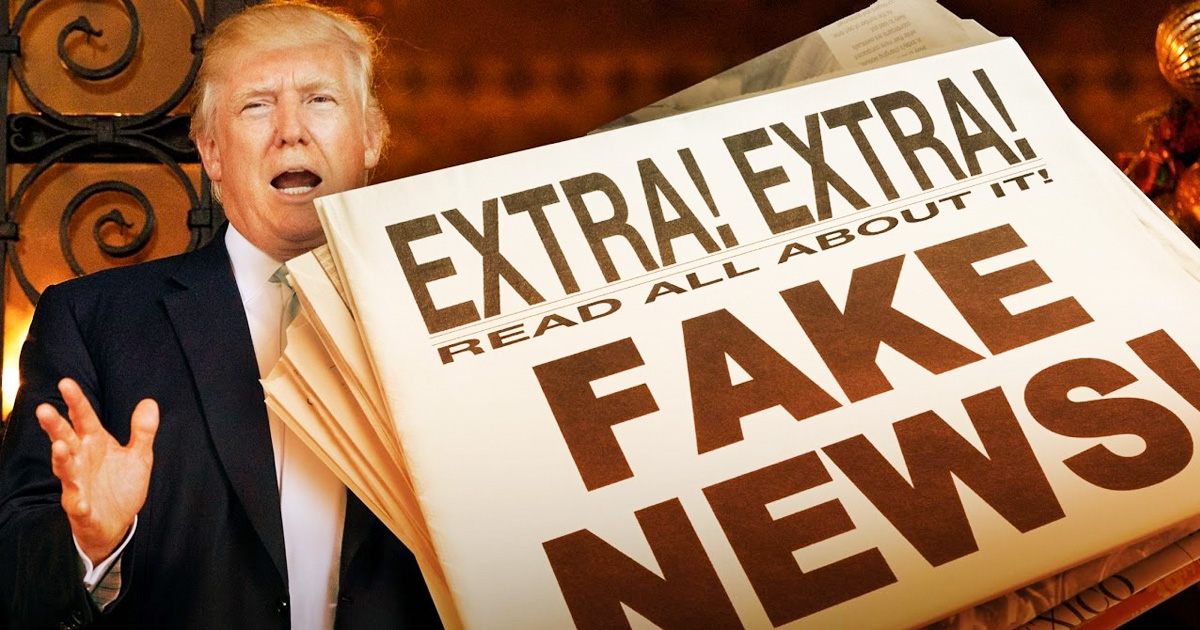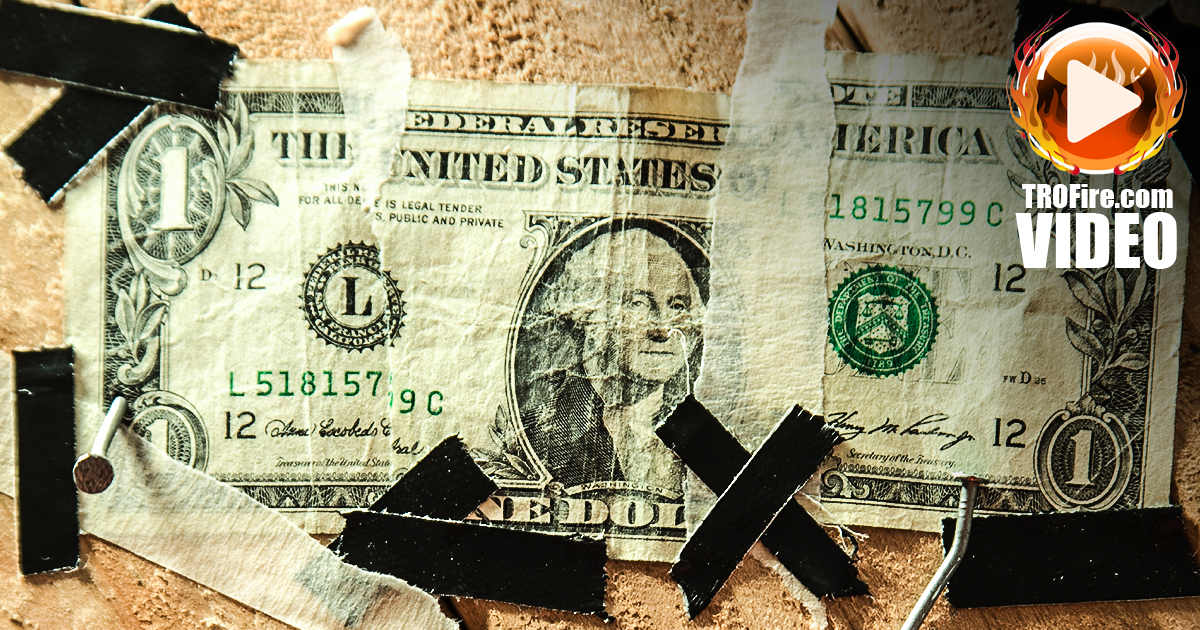It’s no secret that the middle class in the United States has been losing ground since Reagan took office in 1981. It’s also common knowledge that the upper, upper crust – collectively known as the “Top 1%” – has done fabulously well. Better, in fact, than at any time since the “Gilded Age” of the late 19th Century. This in itself is not news. The real story is that the mainstream corporate media is finally acknowledging it. CBS News recently published a story on this issue. It’s an issue that presidential candidate Bernie Sanders considers one of the most important of our times.
Today, the average middle-class household brings in just under $73,400 a year. Had that middle-class household enjoyed the same advantages as the hyper-rich that annual income would be about $156,300 – well over twice what it is now.
There are three fundamental reasons why the hyper-rich have done so well and the rest of us haven’t. Over the past generation, government has:
- attacked and weakened labor unions while giving more power to capital and management
- failed to ensure that wages kept up with inflation and productivity
- rigged the banking and finance system for Wall Street
- rigged the tax code so that people who work for their money bear the brunt, while those whose money works for them pay little or nothing
To make a long story short: thanks to right-wing, neo-liberal corporatist legislation and “trickle-down” economics since the Reagan years, middle-class workers have seen their incomes go up only 17%. Meanwhile, the top 1% has enjoyed an increase of 150%.
CBS also reports that “better times may be ahead for some workers,” citing minimum wage increases in some cities as well as new federal rules on overtime pay. Nonetheless, these actions are tantamount to taking a band-aid intended for a minor scratch and using it to treat a life-threatening open laceration.
Economic inequality is reaching a crisis point in the USA, and it’s not getting better. History has shown us repeatedly that such disparity in wealth is destabilizing. The levels of inequality we are seeing today is the underlying cause of a host of social ills that threaten all of us. On the other hand, a more level playing field, a system that rewards effort and in which people don’t have to worry about basic needs like food and shelter, promises to create both a safer society and make resources available in ways that benefit us all.
We’re at a fork in the road. Which way are we going to go?



